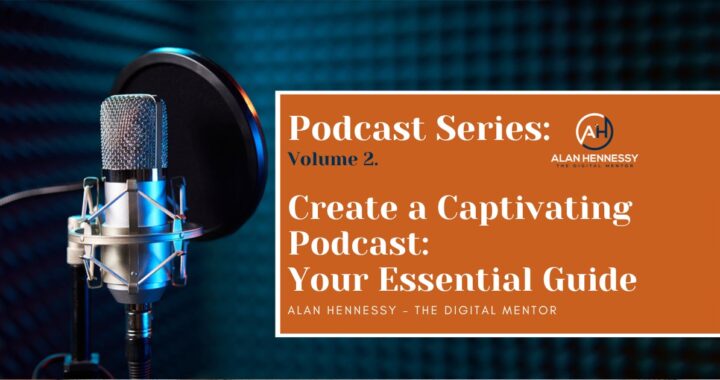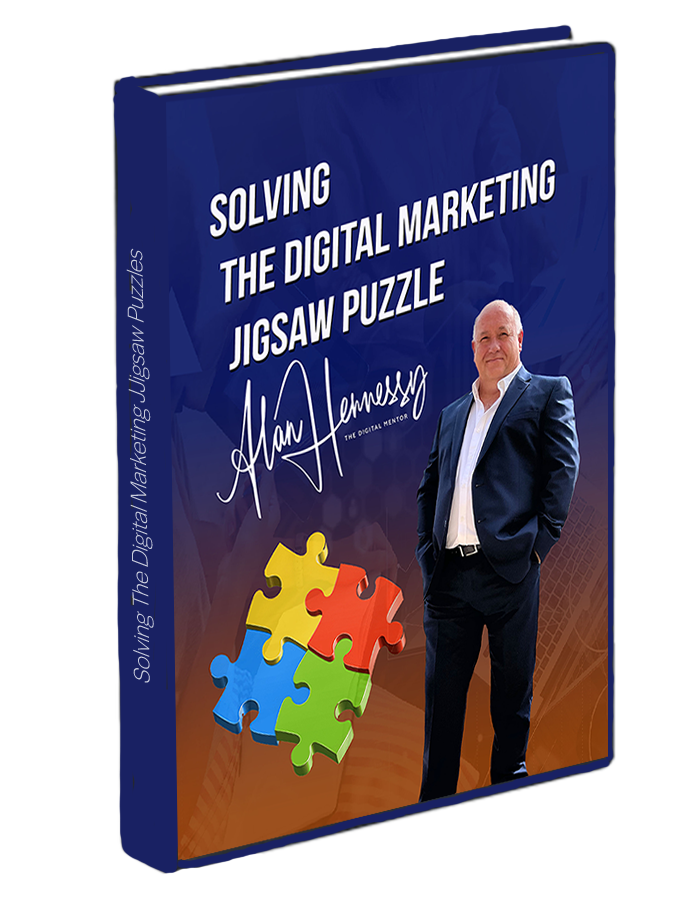Create a Captivating Podcast: Your Essential Guide
The podcasting industry is booming, with countless shows vying for the spotlight in an ever-expanding world of on-demand audio. Creating a podcast that stands out requires more than a microphone and a topic; it requires a compelling concept that resonates with an audience. Developing a strong podcast concept is an art that combines creativity with strategy, and it's the foundation upon which the success of your show is built. Here’s your detailed roadmap to conceiving and refining a podcast concept that will captivate and engage your audience.
The Origin of an Idea
All great podcasts start with a seed—an idea that builds into a full-fledged concept. Start by asking yourself what you’re passionate about. What topics can you talk about for hours? What subjects are you curious to explore further? Your enthusiasm for a subject will make the podcast more enjoyable for you to produce and enjoyable to your listeners.
Understanding Your ‘Why’
Define the purpose of your podcast. Are you looking to educate, entertain, inspire, or provoke thought? Your 'why' will guide your content, format, and approach, providing a clear value proposition for your listeners. Write a mission statement for your podcast that can remind you of what you’re trying to achieve with every episode.
Identifying Your Niche
The podcast market is expansive, so specificity is your ally. Narrow down your focus to a niche that you can own—a space where your voice and perspective are unique, or the content you're offering is not widely available. Examine existing podcasts to ensure your idea offers something different, whether it’s a fresh angle on a common topic or an in-depth look at an underserved subject.
Researching Your Audience
Who are you speaking to? Understanding your target audience—their interests, demographics, and pain points is essential. Create listener personas and consider what content would benefit, intrigue, or entertain them. Your concept should be what excites both you and your intended audience.
Study the Competition
Study other podcasts within your niche to see what works and what doesn't. Identify gaps in content that you can fill. Analyse the top-performing podcasts' structure, length, and style are there patterns in their success? Use this information to refine your concept, but don't fall into the trap of imitation; the aim is to differentiate, not replicate.
Format Considerations
Will your podcast be scripted or freeform? Will you have solo episodes, interviews, or a roundtable discussion? Consider the format that best suits your topic, your strengths, and your audience's preferences. Be open to combining formats; sometimes a mix can keep the content dynamic and cover more ground.
Titling with Intent
Choose a name for your podcast that's both catchy and clear. Your title is often the first impression potential listeners will have of your show, so make it count. It should hint at the content and tone of the podcast. A good title is memorable, easy to spell, and tells a story in a few words.
Defining Episode Structure
Outline a basic structure for your episodes. A consistent format not only lets listeners know what to expect with each download but also simplifies your production process. An episode might start with a brief introduction, followed by the main content, a break for ads (if applicable), and a closing segment. The structure should guide the listener through the episode naturally.
Crafting a Unique Value Proposition
Determine what makes your podcast different—this is your Unique Value Proposition (UVP). Your UVP is the cornerstone of your podcast's identity and will be crucial when marketing your show. It can be your unique perspective, exclusive content, guest line-up, or even the way you tell stories. Pinpoint what sets you apart and lean into it.
Setting Your Tone and Style
The tone and style of your podcast should reflect both the content and your personality. Will your show be formal and informative or casual and comedic? Consider the language and delivery that will resonate with your audience while staying true to your authentic voice. Your tone will also inform your branding, from your podcast cover art to social media posts.
Establishing a Posting Schedule
Consistency is key in podcasting. Determine a realistic release schedule you can commit to whether it's weekly, biweekly, or monthly. A regular posting schedule helps build a routine with your listeners and plays a role in growing your audience.
Longevity and Scalability
How sustainable is your podcast concept? Think long-term. Does the subject matter have enough breadth to keep the podcast going for months or even years? Consider how your podcast might evolve and adapt over time. Creating a concept with scalability in mind will ensure that you don't hit a content dead end.
Creating a Content Calendar
Plan your episodes in advance with a content calendar, mapping out topics and potential guests. This foresight helps you produce episodes strategically, whether it’s trending content to current events, specific industry news and expertise or simply keeping the content varied and fresh.
Pilot Episode and Feedback Loop
Produce a pilot episode to test your concept. This will not go to your audience just yet; it's more of an internal trial run. Share it with trusted peers for feedback. Listen for pacing, clarity, and engagement. Use the feedback to fine-tune your concept.
Crafting a Marketing Plan
A brilliant podcast concept isn't enough; you need a plan to get it heard. Identify which channels will most effectively reach your audience. Create launch plans and ongoing marketing strategies, including social media promotion, email marketing, cross-promotion with other podcasters, and leveraging SEO for discoverability and ranking.
Conclusion
Your podcast concept is the compass by which you navigate the expansive world of digital audio content. It’s what will highlight your podcast on the radar for listeners to find. By thoughtfully crafting your concept with a clear understanding of your audience, a niche focus, and a fresh take, you establish the foundation for a podcast that not only attracts listeners but retains them.
Planning, production and promotion should link back to your core idea. With a well-developed concept in hand, your podcast journey shifts from the creation of setup to the power of storytelling and connection. So, gather your insights, construct your blueprint, and let your podcast concept resonate with the authenticity and passion that only you can bring to the audio world.
Happy Podcasting!!


Alan Hennessy - The Digital Mentor is one of Ireland's Leading Social Media Experts. He is also a Social Media Consultant and Trainer and speaks about Social Media & Digital Marketing all over Ireland and in the UK. The Social Media Talks podcast is among the top marketing podcasts in the world. Contact Alan to have him speak at your company event or conference soon.
Follow Alan on Social Media, Twitter, Facebook, Instagram, and YouTube
For more details on Alan's Digital Mentorship programmes click here or choose from a wide range of Digital Marketing Training courses click here
New Book: Solving The Digital Marketing Jigsaw Puzzle - Now Available
My new book is a detailed guide to building your digital marketing strategies to enable you to navigate the digital landscape. Buy it now on Amazon at https://www.amazon.com/Solving-Digital-Marketing-Jigsaw-Puzzle-ebook
For more details about the book click here

